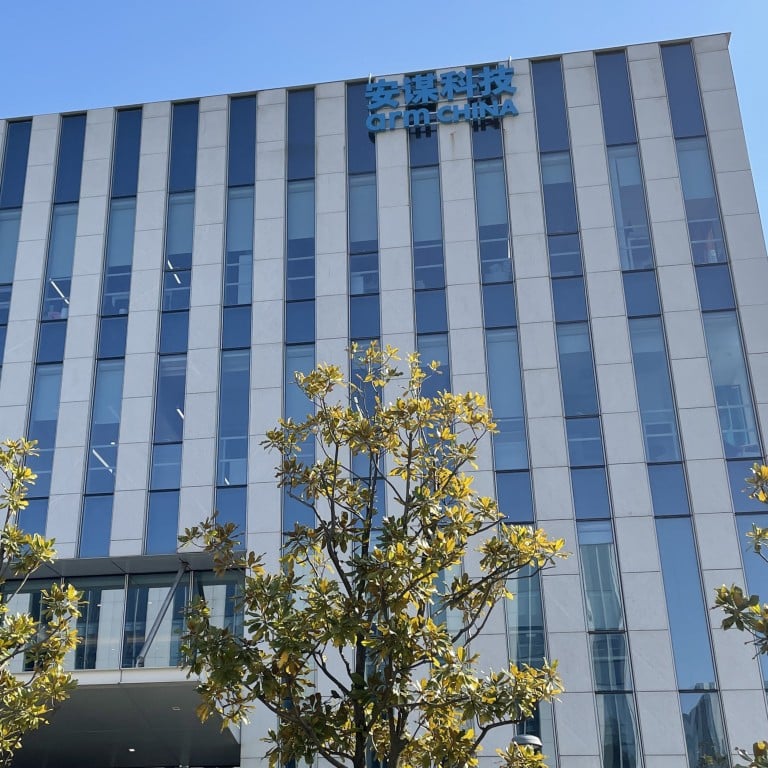
Exclusive | Arm China CEO asserts semiconductor venture’s right to pursue IPO independent of SoftBank-owned British shareholder Arm
- Arm China chairman and chief executive Allen Wu said the company may go public in either Shanghai or Hong Kong after 2025
- British semiconductor design firm Arm, which owns 47.33 per cent of the Chinese joint venture, plans an initial public offering in the US
Allen Wu, the chairman and chief executive of Arm China, told the South China Morning Post that the firm’s Chinese shareholders, who control 51 per cent of the Shanghai-based joint venture, have the discretion to pursue an independent IPO.
“We are supportive of [British firm] Arm’s IPO,” Wu said in the interview on Thursday. “We hope that Arm would also support ours.”
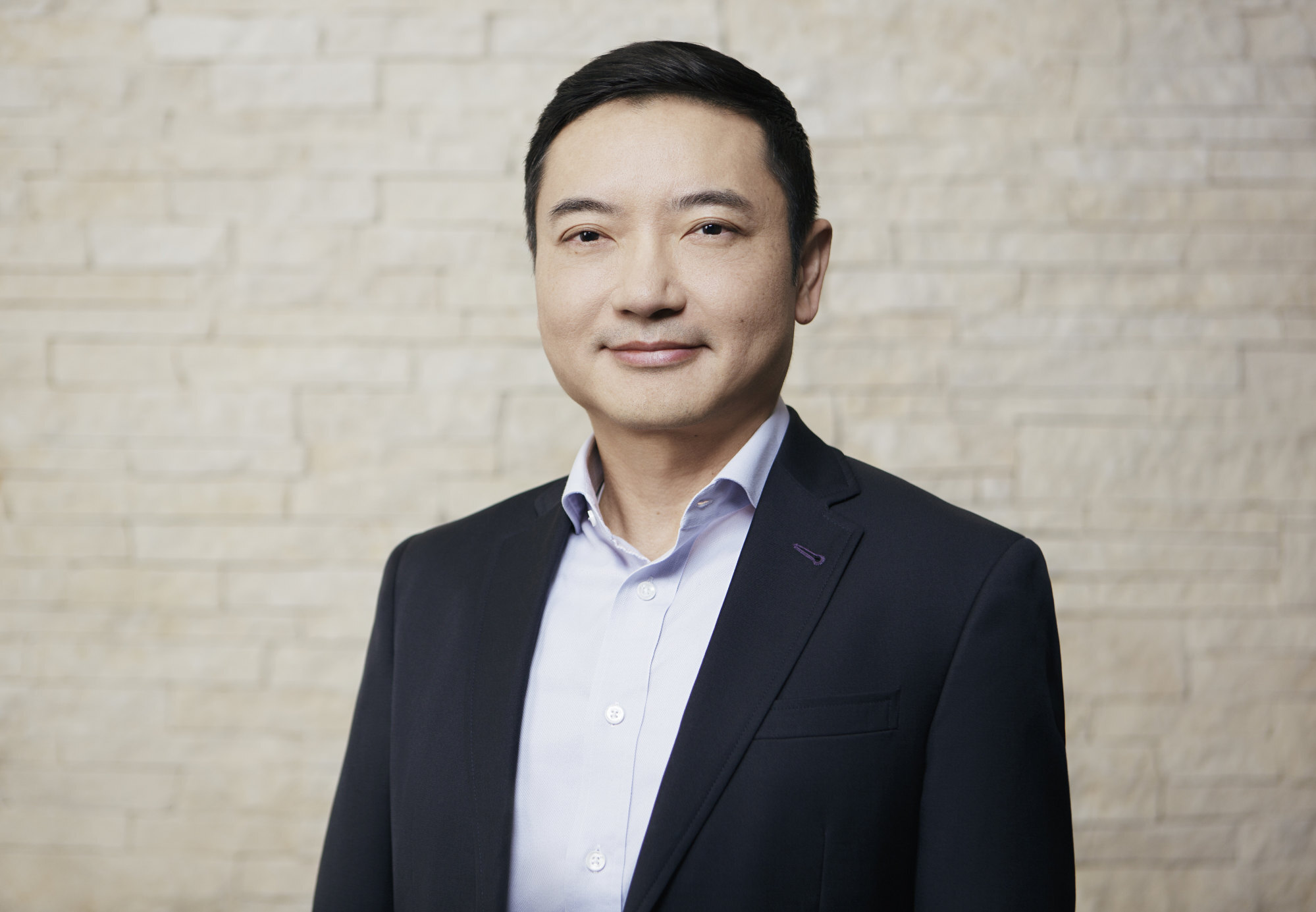
But Arm’s unresolved legal dispute with its Chinese unit, which contributes about 25 per cent to the British firm’s annual licensing revenue, may cast a shadow over the prospects of a smooth IPO. Regardless of that public listing, Arm chief financial officer Inder Singh told a media briefing early in February that problems involving the Chinese joint venture must be resolved.
In response, Wu said Arm China is not standing in the way of the British firm’s IPO plan. He indicated that it was Arm’s decision not to sign off on Shanghai-based Arm China’s books, which are audited by KPMG.
Wu said Arm China’s 7-1 boardroom vote to fire him in June 2020 was on shaky legal ground because he and Hopu Investment – a Chinese private equity investor, with a 36 per cent stake through a Hong Kong-based entity called Amber Leading – were “persons acting in concert” for the firm. Hopu was not immediately available for comment.
Lawyer Xia Hailong, of Shanghai-based law firm Shun Lun, said concert party agreement ensures two parties act in tandem in a boardroom vote, an approach often used by minority shareholders to enlarge their voting rights. Wu holds a 16.7 per cent stake in Arm China, according to public corporate registry information.
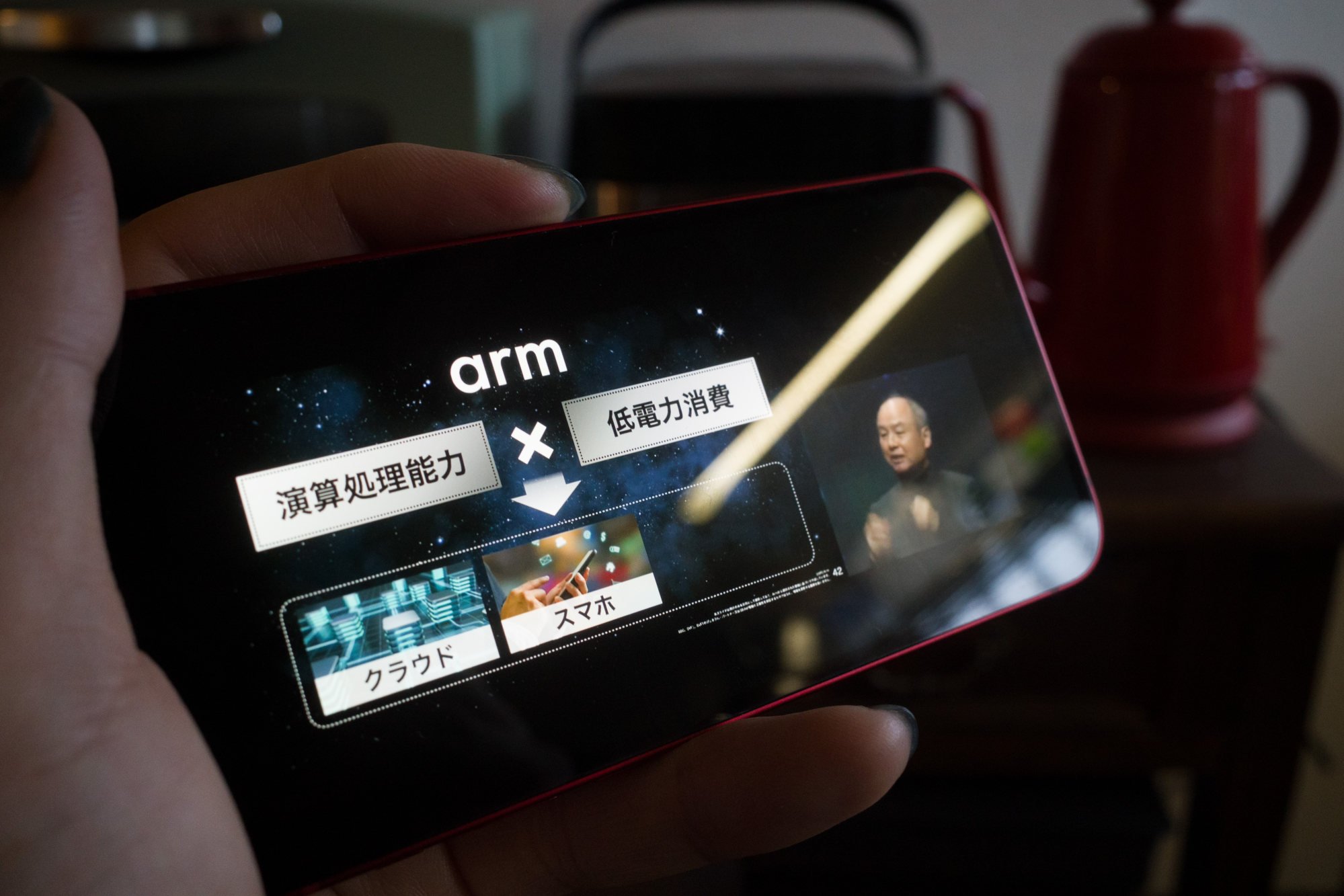
Commenting on the boardroom vote to oust Wu, a spokeswoman for British firm Arm said in an emailed response: “The board decision is final as announced, which took place in full compliance with company policies and Chinese law.”
Arm, which holds a 47.33 per cent stake in the Chinese joint venture, said it had no comment about not signing off on Arm China’s books “outside of the information provided in our annual report”.
The company’s annual report for the year ended March 31 said the board of directors at Arm China is in the process of resolving certain disputes with a member of the joint venture’s senior management.
“Due to these disputes, as at the date of these financial statements, the previously appointed auditors of Arm China have not accepted the local statutory or component audit” of the joint venture for the year ended March 31, the report said.
Arm China was founded in April 2018 when SoftBank agreed to sell a 51 per cent stake of British firm Arm’s mainland subsidiary to a Chinese consortium for US$775.2 million.
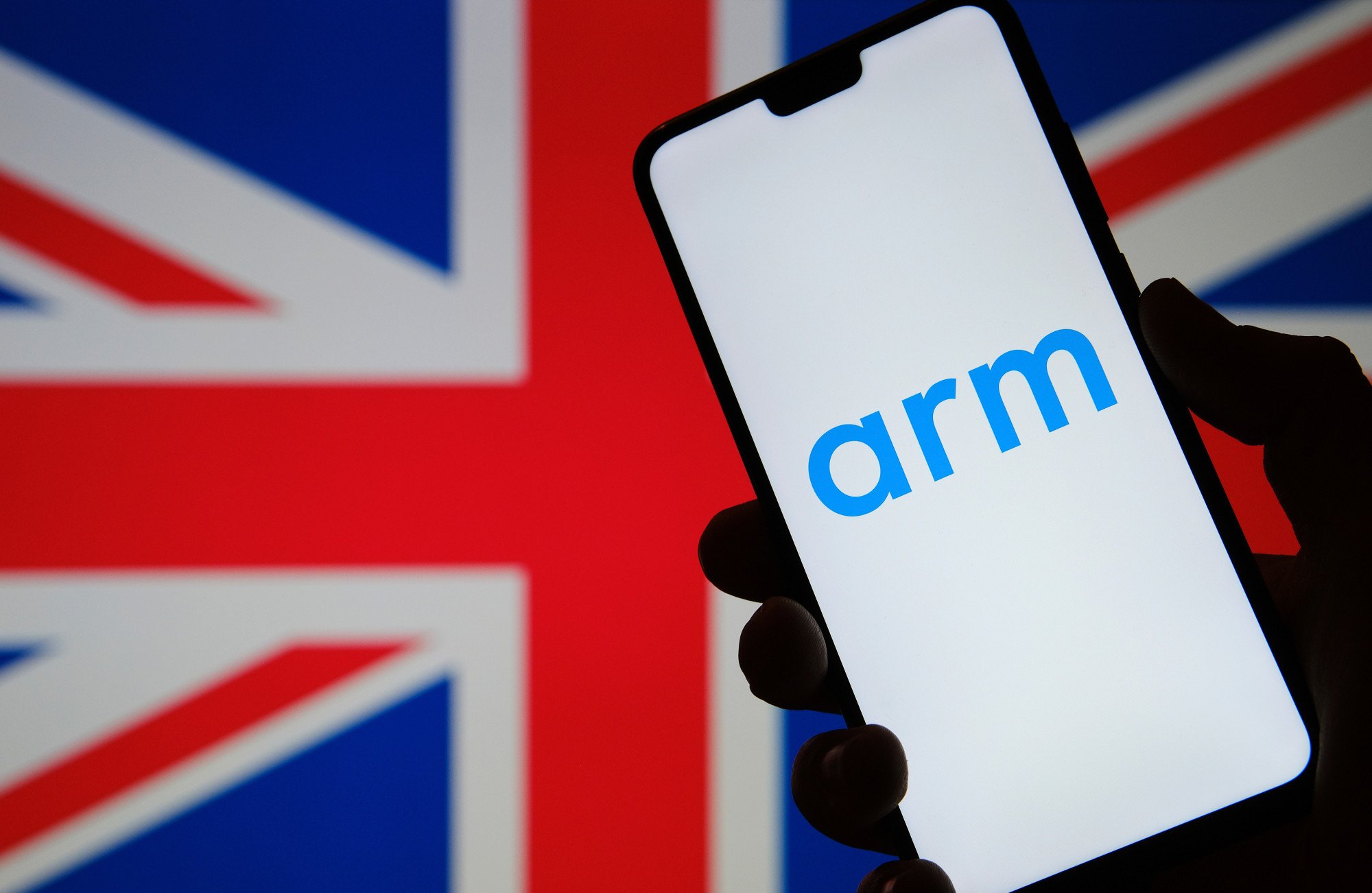
“Arm has written to Chinese authorities that Arm China won’t survive without [the British firm’s] support,” Wu said. He indicated, however, that Arm China has already developed the capability to continue its operations separately from Arm in the UK.
The stand taken by Wu in Arm China forms part of a larger effort by the country’s semiconductor industry to overcome US trade sanctions and build a world-class chip supply chain.
The dispute with Arm has not slowed down its Chinese joint venture’s business under Wu. Last year, Arm China generated US$700 million in total revenue, including intellectual property licensing and royalty fees. Arm’s share in its China venture was about US$500 million last year, according to Wu.
“Arm can’t afford to lose its share of revenue from the Chinese market,” Wu said. He indicated that the Chinese joint venture has hit all its goals – including revenue, net profit, and research and development spending – which were set five years ago.
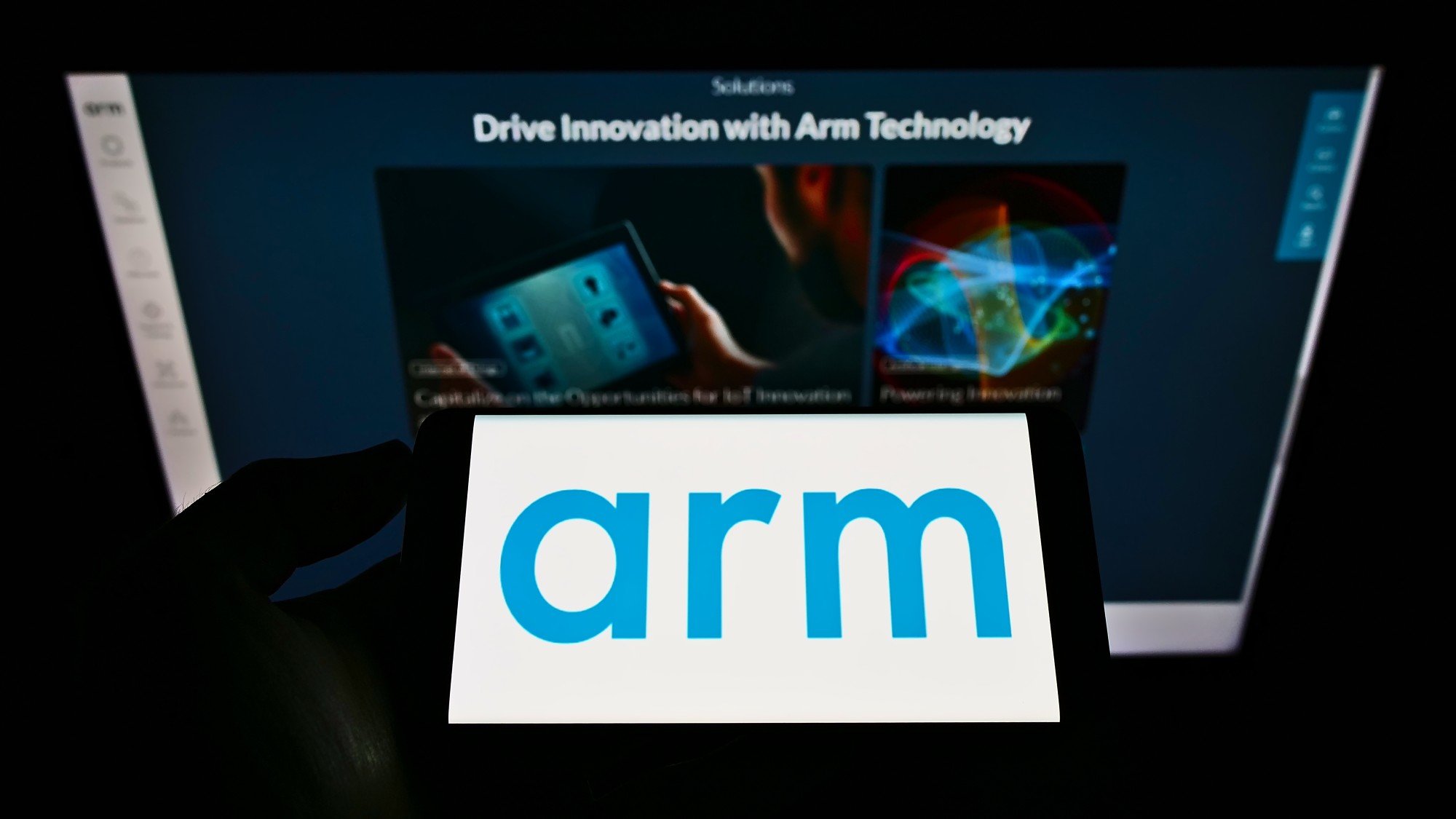
Wu said Arm China’s biggest contribution to the mainland’s chip design industry was to open the company’s source codes to domestic customers, “giving them freedom to develop their chips and raise their capabilities to a global level”.
“I had a fight with them,” Wu said. “They can’t turn away my biggest client because they are afraid of risks due to a political situation. Those are my risks, not theirs.”

